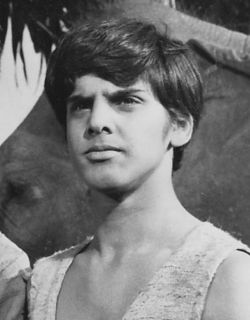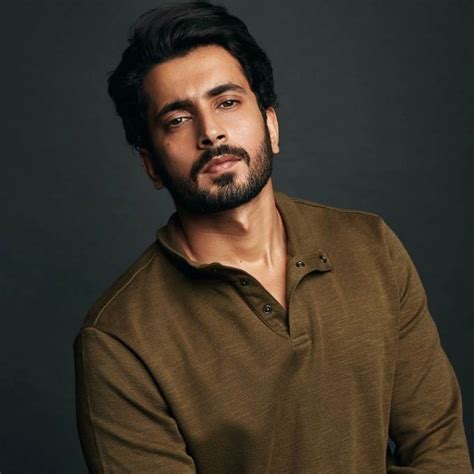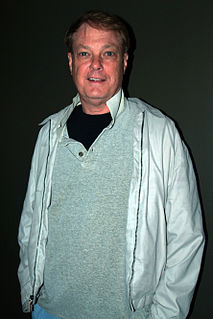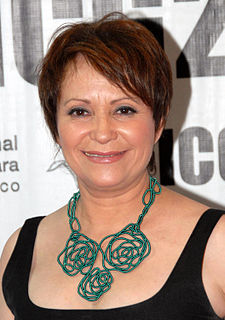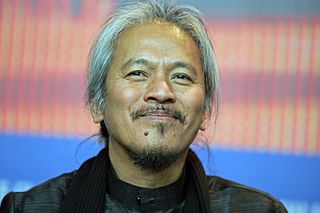A Quote by Lenny Abrahamson
Related Quotes
Even before the economic crisis in Greece there was no structure for making films - no proper industry, and the structure didn't help filmmakers at all. So filmmakers had to help each other, and make very, very low-budget films. Now with the crisis, things got a bit worse, but filmmakers are still going to be making films. It didn't change that much.
[When anything happens, we interpret it as good or bad, but...] We do not know what is really good or bad fortune. [Only the future can decide. For example, what appears to be bad today may in fact lead us to a greater good tomorrow and by the very act of thinking and planning in that positive way, we can help make that good future come true.]
What I want to do is make films that astonish people, that astound people, and I hope you want to do that too. It's easy to make money. It's easy to make films like everybody else. But to make films that explode like grenades in people's heads and leave shrapnel for the rest of their lives is a very important thing. That's what the great filmmakers did for me. I've got images from Fellini, from Bergman, from Kurowsawa, from Bunuel, all stuck in my brain.


